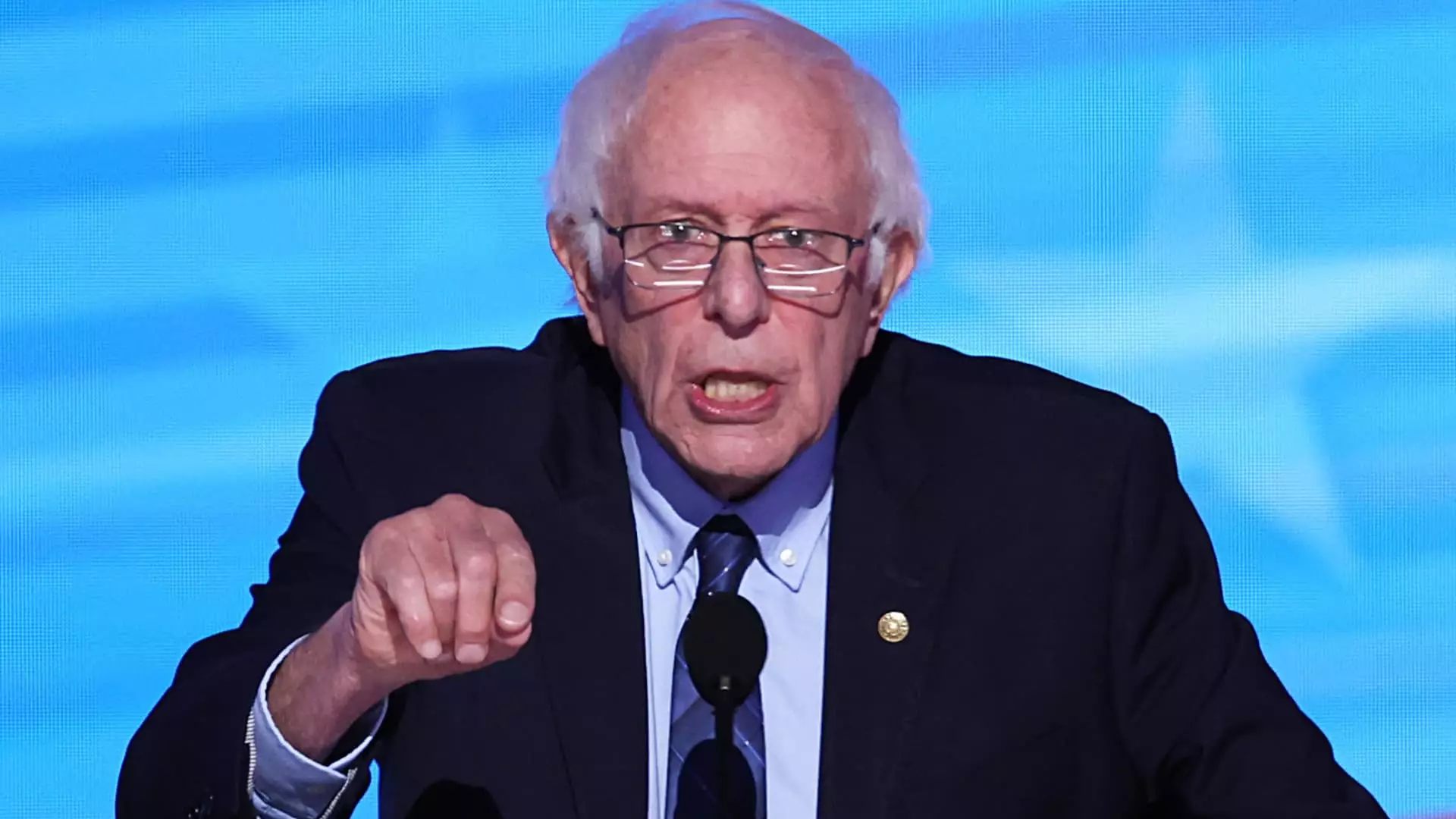Sen. Bernie Sanders has expressed his opinion that Vice President Kamala Harris should raise her proposed 28% tax rate on long-term capital gains. He believes that Harris is being too pragmatic in her approach and should push for higher taxes on the wealthy to truly address economic inequality. This difference in opinion showcases Sanders’ commitment to taxing the wealthy more aggressively than Harris is currently advocating for.
Sanders believes that Harris’ economic platform should do more to speak to working people and address the issue of billionaire influence in politics. While Harris has garnered support from wealthy corporate leaders, Sanders remains wary of the impact of billionaire influence on both the Democratic and Republican Parties. His emphasis on a strong agenda that prioritizes the needs of working-class individuals highlights his desire for more progressive economic policies.
Despite his critiques of Harris’ economic proposals, Sanders has maintained his support for her campaign. He has voiced lukewarm support for her policies on tax reform and healthcare, noting his opposition to her shift away from endorsing Medicare for All. However, Sanders has acknowledged Harris’ progressive goals in areas such as affordable housing and union protections, indicating a willingness to look beyond their policy disagreements.
Harris has made strategic moves to appeal to moderate voters, including distancing herself from more progressive policies she supported during her 2019 presidential run. By welcoming endorsements from prominent Republicans like Dick Cheney and Liz Cheney, Harris is positioning herself as a candidate who can attract bipartisan support. This shift towards the center contrasts with Sanders’ more progressive stance, creating a dynamic within the Democratic Party that reflects a range of ideological perspectives.
Sanders’ tepid enthusiasm for Harris’ economic platform could have both positive and negative implications for the Democratic nominee. While his critique may demonstrate a diversity of opinion within the party, it could also be used by critics to paint Harris as too moderate. However, by aligning herself with more centrist positions, Harris may be able to appeal to a broader base of voters and counter accusations of being too far to the left.
Sen. Bernie Sanders’ critique of Vice President Kamala Harris’ economic platform highlights the diversity of perspectives within the Democratic Party. While Sanders advocates for more aggressive taxation of the wealthy and a stronger focus on working-class issues, Harris has positioned herself as a more moderate candidate seeking bipartisan support. Despite their policy differences, Sanders continues to support Harris’ campaign, recognizing her progressive goals in areas such as affordable housing and union protections. The dynamics between Sanders and Harris reflect the broader ideological spectrum within the Democratic Party and may influence the party’s ability to attract a wide range of voters in the upcoming election.



Leave a Reply